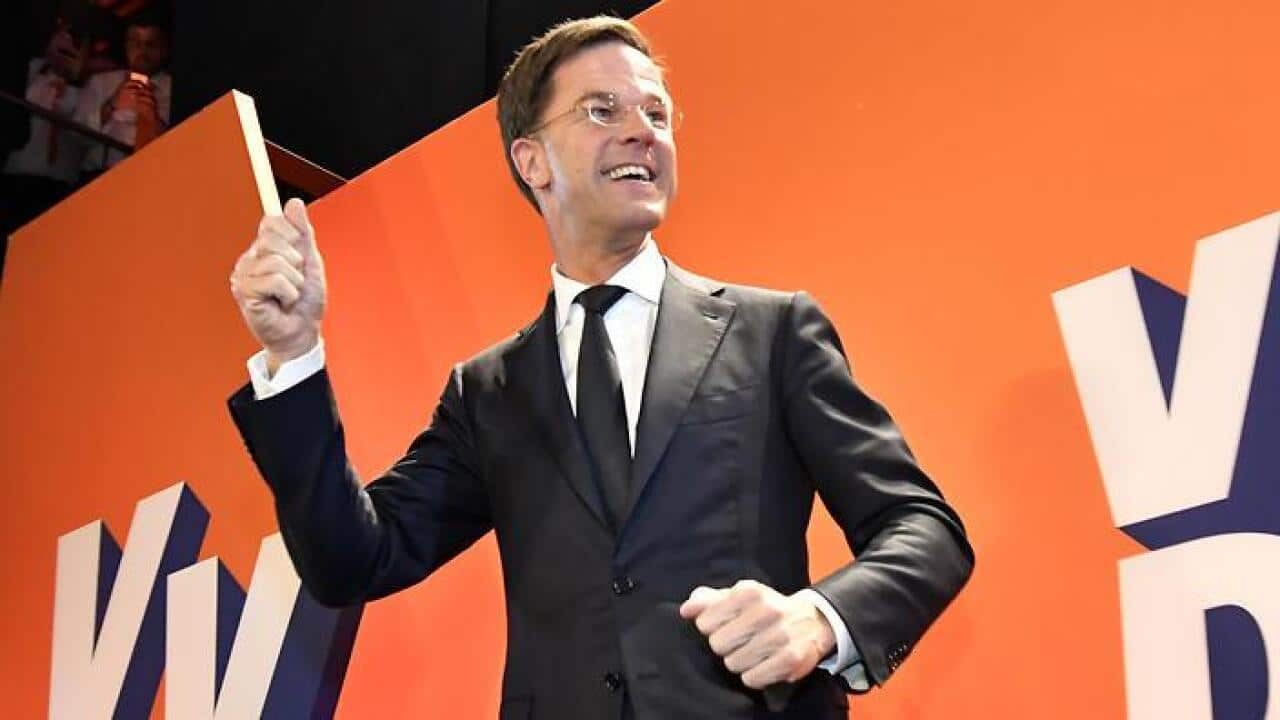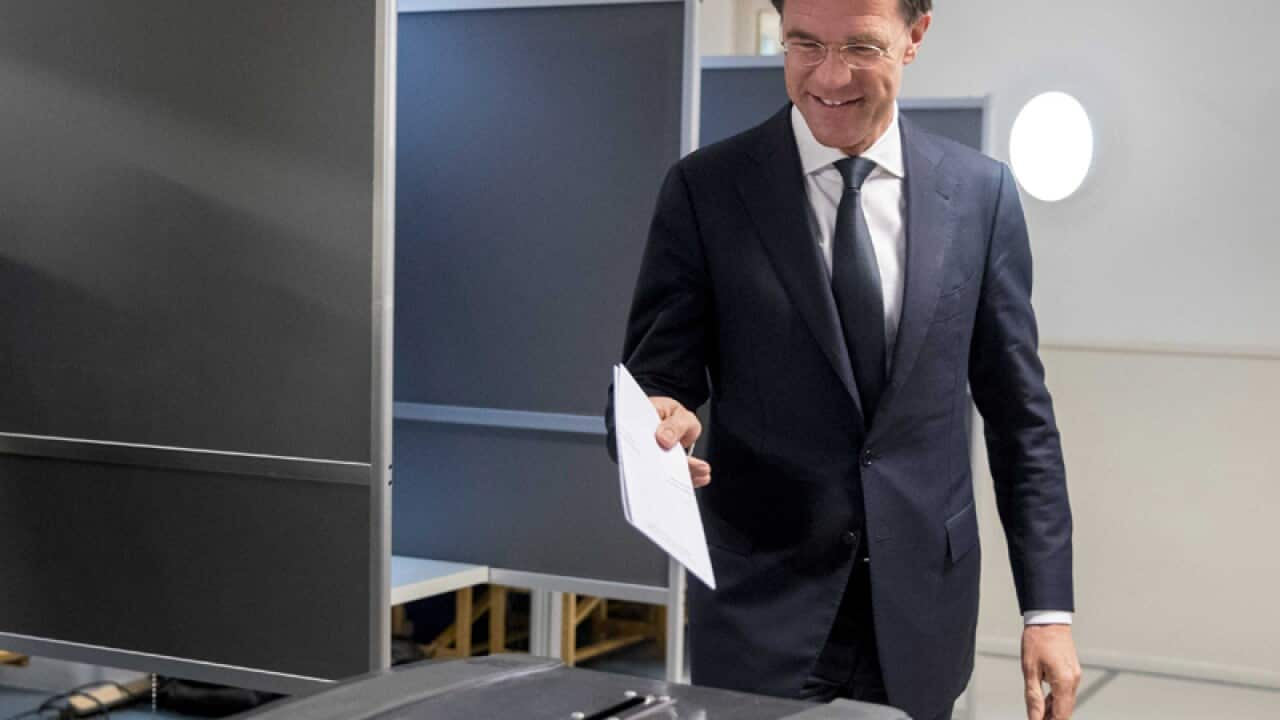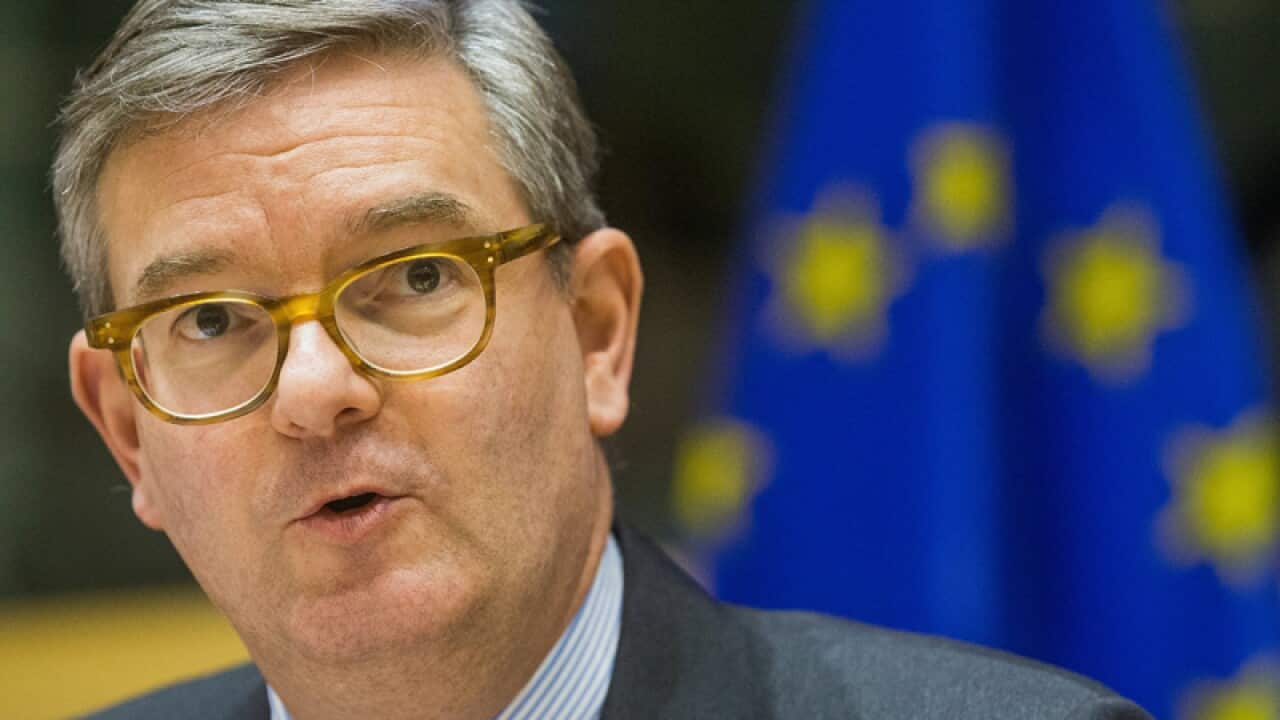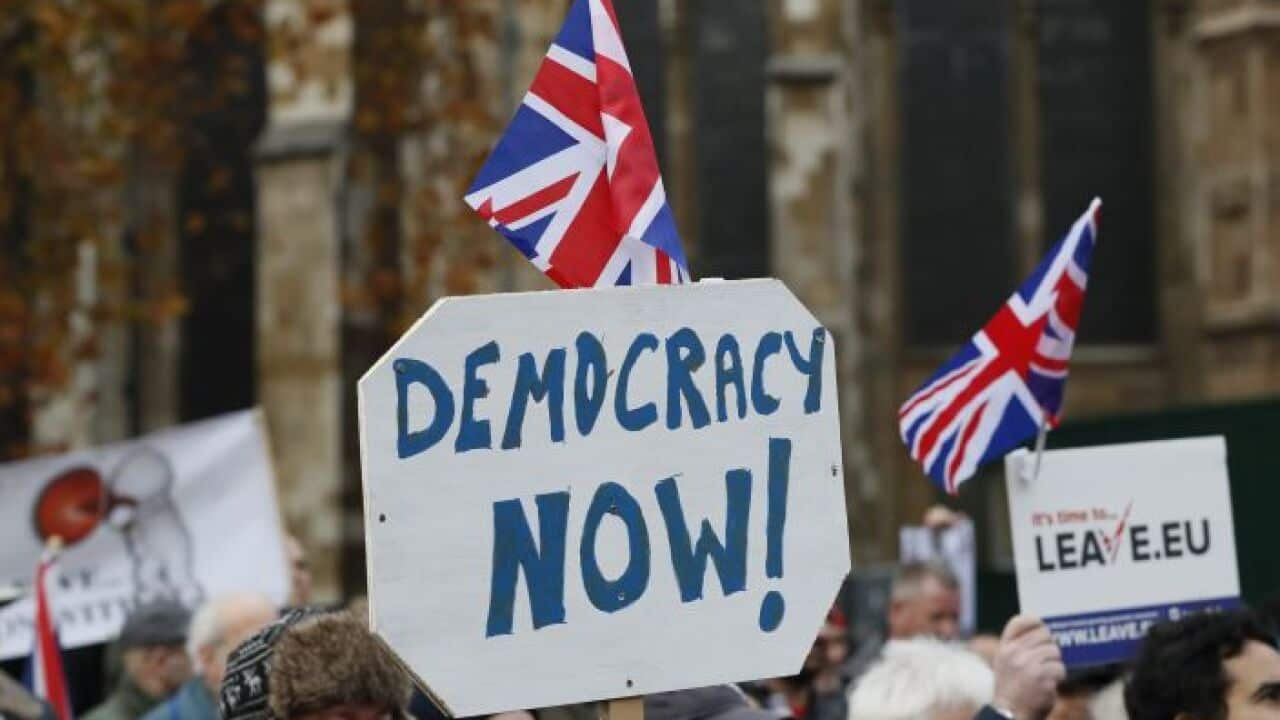Offering condolences to their colleagues in the British parliament following Wednesday's attack in London, the new MPs took their oath of office just after leaders from four potential coalition partners met together for the first time for exploratory talks.
"Our hearts go out to our colleagues in Westminster and to the British people," said Dutch parliamentary speaker Khadija Arib.
"The British parliament has resumed its work to show that parliamentary democracy can never be cowed."
It emerged for the first time that the ecologist GroenLinks party, led by the young, charismatic Jesse Klaver, is prepared to continue negotiations to possibly join a government with outgoing Prime Minister Mark Rutte and his Liberal VVD party.
It was also confirmed that the far-right, anti-Islam Freedom Party (PVV) of Geert Wilders -- whose party boosted its showing to come second in the elections with 20 seats -- is excluded from the current talks.
Most party leaders had vowed before the elections not to work with him, put off by his incendiary rhetoric.
The VVD won the most seats on March 15 to emerge the biggest party in the parliament with 33 MPs -- putting it in pole position to try to form the next government which needs 76 seats to reach a majority.

Holland Right Wing Party Leader, Geert Wilders Source: AAP
'Refusing to negotiate'
"We realised of course that there are big differences," Rutte told reporters, after the talks.
But he added that "I am ready, as are the others, to continue the discussions."
The left-wing Klaver, whose party won 14 seats adding 10 from the outgoing parliament, had previously voiced reluctance to work with the more pro-business Rutte.
Rutte is also looking to the centre-right Christian Democratic Appeal (CDA) and the progressive Democracy party (D66), which both won 19 seats, to join the coalition.
Together the four parties would comprise 85 seats in the parliament.
"This coalition is far from being ideal for us and includes parties with which we have very big differences," Klaver told reporters.
"We are going to see if we can reconcile our differences or not," he added.
Wilders has already voiced his anger at not being seen as a viable partner for the next government, saying "it is undemocratic to ignore in advance the voices of 1.3 million people by refusing to negotiate". Veteran politician Edith Schippers, who is leading the exploratory talks, is due to hand her report to parliament on Tuesday, after having asked for more time. The possible coalition will then be discussed by parliament on Wednesday.
Veteran politician Edith Schippers, who is leading the exploratory talks, is due to hand her report to parliament on Tuesday, after having asked for more time. The possible coalition will then be discussed by parliament on Wednesday.

European leaders have hailed the "vote against extremists" in the Dutch parliamentary elections. (AAP) Source: AP
But coalition-building in The Netherlands takes time and the next step will be to appoint someone to lead full negotiations among the four-parties to draw up a common agenda.









